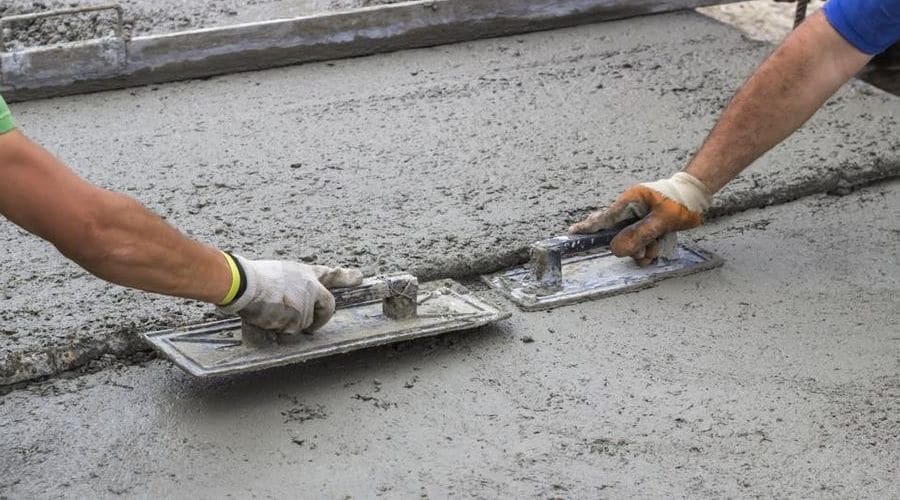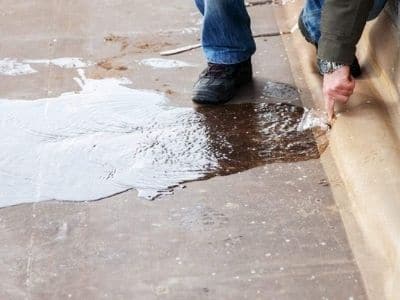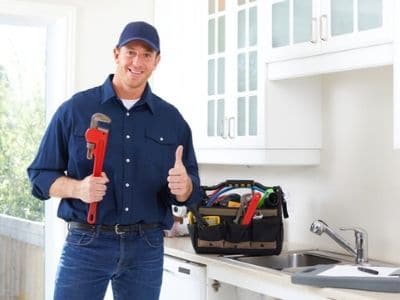
Three Important Things To Know About Slab Leaks
When many people picture leaks, they imagine water dripping under the sink or puddles around the toilet. They seldom think of slab leaks, one of the toughest plumbing issues. This requires plumbers to dig into the home’s foundation, locate the source of the leak, and go from there.
It’s important to catch slab leaks as soon as they happen. Allowing a slab leak to go unaddressed could compromise the home’s foundation, lead to mold, and cause other secondary problems. Continue reading to learn more.
Slab Leaks Happen Beneath the Home’s Floors and Foundation
A slab is the home’s concrete base. Some refer to it as the foundation but basically, it’s the floor under the floor. When there’s a slab leak, a pipe is leaking or has burst. These hazards are common in places where earthquakes are common, as this can compromise the home’s foundation and lead to leaks. Some people refer to slab leaks as “foundation leaks.”
Some signs of a slab leak include:
- One hears water running, but all of the faucets are off
- Carpets and area rugs are soggy with no clear reason why
- There are warm spots on the floor
- Mold and mildew are building up near the floor or the baseboards
- Areas of the floor are warped, caving in, or buckling
A slab leak is not something a homeowner can (or should) try to address. This requires drilling into the home’s foundation, locating the leak, and rendering appropriate measures. In these situations, it’s best to rely on a slab leak repair service to address the problem.
Slab Leaks Can Lead to Problems if Unaddressed
A slab leak is not something that will repair itself. To stave off problems, one might turn off their home’s water main to prevent the issue from continuing or getting worse. However, this would cut off water to every appliance in the home, and the soggy foundation will start to rot or grow mold.
Some consequences of a slab leak include:
- A swampy yard: A leak under the home’s foundation could cause puddles of stagnant water to accumulate in the front lawn or backyard. This isn’t just unsanitary; it can also turn a well-maintained lawn into a mud pit within hours.
- Compromised flooring: It’s only a matter of time before the home’s floors show hairline fractures or cracks. This could cause the flooring material to deteriorate and even pose safety hazards.
- Unpleasant odors: Mold and mildew do not smell good – neither do rust or corroded pipes. Mold and mildew have a musty, earthly smell, while rust has more of a metallic, iron odor.
- A damaged foundation: The foundation keeps the home level and anchored in place. If compromised, walls could sag, floors could become uneven. Over time, this could make the home unsafe to inhabit.
Repairing a Slab Leak Is Best Left to the Professionals
Even if one breaks through their home’s foundation and discovers the source of the leak, if they don’t have the appropriate training, they could do more harm than good. That’s why slab leak repair is best left to a certified professional. Not only can they find and repair the leak, but they can do so without damaging the home.
A slab leak repair professional can:
- Use specialized tools to locate the leak
- Remove the damaged flooring with minimal invasion
- Explain what measure could prevent the problem from happening again
- Assess the home for other plumbing leaks
About Allens Plumbing
Because Hawaii is close to so many fault lines, slab leaks are not uncommon. However, there’s help available when these issues arise. Allens Plumbing offers comprehensive services to those living in Kahului Maui. If one suspects they have a slab leak, they can call these professionals today for plumbing services!



